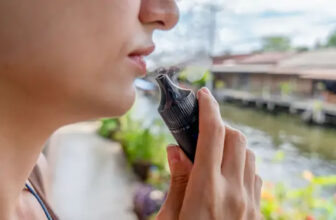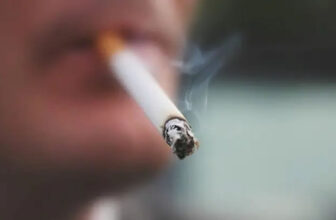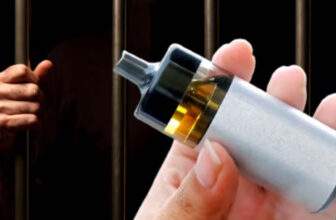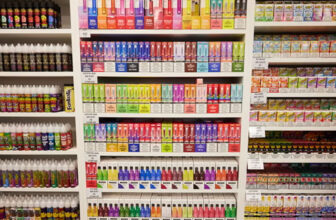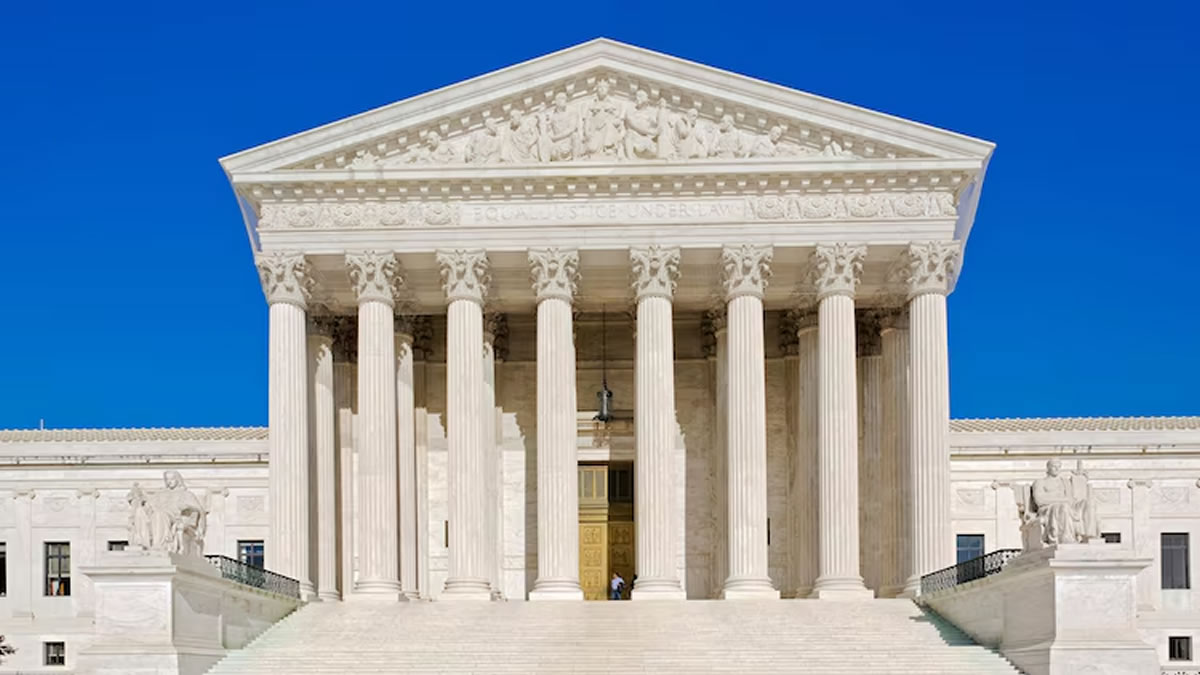
Justices Divided Over Whether Regulators Unlawfully Rejected Nicotine Products
The Supreme Court on Monday struggled with the question of whether the Food and Drug Administration (FDA) had unlawfully rejected millions of flavored e-cigarettes for approved sale in the U.S. over concerns about nicotine addiction among young people. During oral arguments in a case that could significantly impact public health, the justices debated tobacco industry claims that the government had provided unclear and shifting requirements for new product applications and failed to give proper notice to the companies.
Eric Heyer, the attorney representing vape manufacturers Triton Distribution and Vapetasia, argued that the FDA had switched its position on the studies required to show that the products have benefits to existing smokers that offset risks to youth. The companies seek a green light to market e-liquids such as "Jimmy the Juice Man Peachy Strawberry" and "Iced Pineapple Express."
Justices Question FDA's Guidance and Notice to Companies
Justice Clarence Thomas appeared sympathetic to vape manufacturers, suggesting that the FDA's guidance might have been a moving target or lacked clarity. Justice Neil Gorsuch questioned whether the companies had been given "fair notice" of how they could comply with the law.
However, Biden administration lawyer Curtis Gannon, representing the FDA, countered that the companies knew from the statute that they needed to compare the benefits to existing smokers against the potential costs of attracting youth.
Liberals Justices Appear to Side with FDA, Kavanaugh's Stance Unclear
The Court's three liberal justices seemed to share the government's view that the FDA had not illegally moved the goal posts during the process and that the companies simply lacked the evidence to win approval. Justice Sonia Sotomayor told Heyer that the FDA had found the provided evidence insufficient, while Justice Ketanji Brown Jackson expressed bafflement at Heyer's argument, stating that the FDA had explicitly articulated its standard.
Justice Brett Kavanaugh, who could be a critical vote in the case, signaled sympathy to the industry's complaint about discretionary government regulation but suggested he wasn't convinced that the FDA had acted unreasonably.
Public Health Experts Credit FDA Restrictions with Driving Down Teen Vaping
Nearly a quarter of high school students who use e-cigarettes consume illicit menthol-flavored varieties, according to the 2023 National Youth Tobacco Survey. Josie Shapiro, the 2024 national youth ambassador for the Campaign for Tobacco-Free Kids, testified before Congress on the dangers of nicotine addiction, saying that illicit flavored vapes had hooked her at age 14.
Public health experts have credited the FDA's restrictions on flavored nicotine products with helping to drive down the number of teenagers who vape gradually from an "epidemic" level just five years ago.
The case, Food and Drug Administration v. Wages and White Lion Investments, LLC, will be decided before the end of the Supreme Court's term in June 2025.



